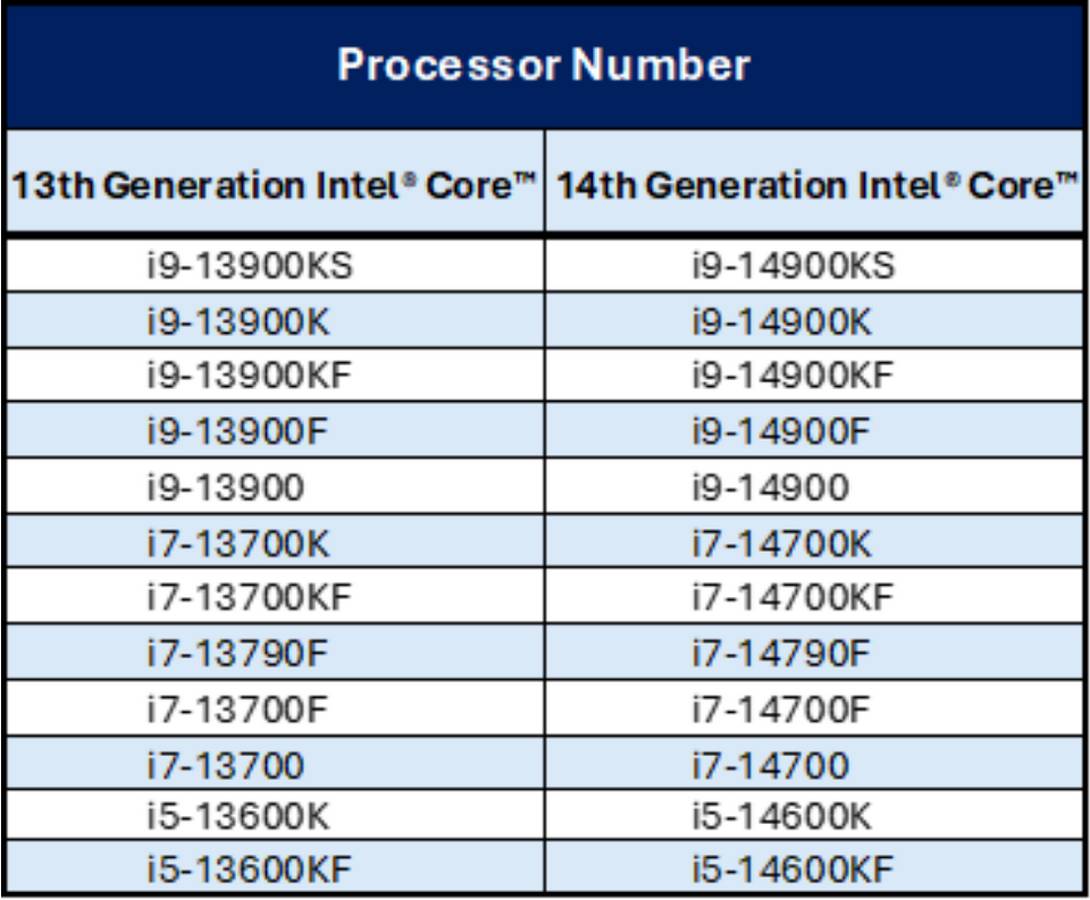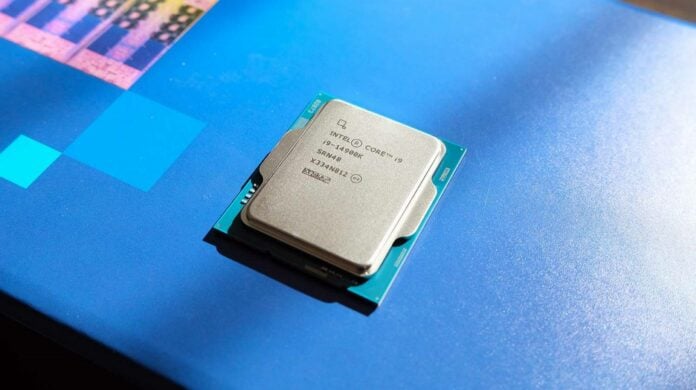It seems as though Intel is finally getting a handle on its processor degradation issues. Alongside boxed units, the brand has now extended the warranty of its tray and OEM CPUs, so all affected users can claim RMAs.
Intel has been on a roller coaster lately due to its 13th and 14th Gen CPU issues. Team Blue didn’t learn from Asus’ debacle and tried to bury the problem. No luck, as tech media got hints of it and began investigating.
Instead of acknowledging the issues and giving a clear roadmap, the brand initially deflected responsibility, placing some blame on motherboard makers. This is even more egregious since it’s allegedly known about some issues, like the oxidation problem, for years without disclosing them to potentially affected users.
After enough uproar, Intel released guidelines to reduce the effects of this problem so that unaffected processors don’t degrade to a critical level. Unfortunately, these measures are mitigations to prevent new CPUs from succumbing to woes. Older chips that are already damaged are out of luck.
Thankfully, Intel is finally doing the right thing, starting with a warranty extension to multiple 13th and 14th Gen CPUs, including boxed, OEM, and tray versions. The company briefly included tray versions in its original coverage before quietly removing it from eligibility. It’s good to see it back since 24 models are in the crosshairs, and tray chips account for most processors in circulation.

Though AMD keeps grabbing market share thanks to its long-living Ryzen platforms, Intel still holds a strong footing. That may soon change as public opinion on the quality and reliability of its products and customer service shifts.
Of course, Intel isn’t the only manufacturer going through a technical rough patch. AMD delayed Ryzen 9000 at the last minute to address its own issues, and Nvidia might be next in line. The key takeaway here is quite simply communication. Arctic held its hands high and took accountability for defective Liquid Freezer II coolers before anyone noticed.
Had Intel contacted users earlier to lower their motherboards’ power settings, I bet the outrage would have been lessened. Some processors may have been spared from degradation. Instead, now the brand will have to deal with more RMAs (Return Merchandise Authorisation). But much like how AMD keeps hush about the recent speed bump to explain the delay, it seems the CPU space just isn’t quite as forthcoming.
We just hope brands take this as a cautionary tale, showing that even massive corporations can’t flee from responsibility if the problem is big enough.


